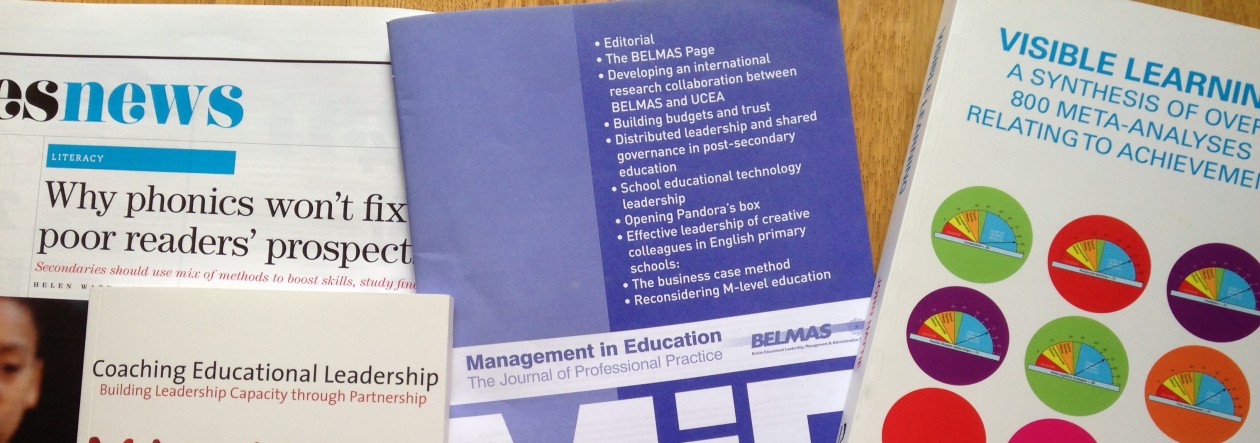It finds that the vocabulary gap is high in primary and secondary schools. It argues that relatively little research has been carried out into language deficit as children move through secondary education.
Additionally, the teachers who took part in this survey often reported that the vocabulary gap is a general problem, not specific to any one group of pupils such as those with English as an additional language.
The cause can be put down to a lack of opportunities to practise vocabulary in the home and not enough time spent reading for pleasure.
Other main findings
? Almost half of five and six-year-olds are at risk underperforming academically because they have a limited vocabulary.
? In the first year of secondary school, more than four in 10 students still do not know enough words to do well in school.
? 49 per cent of Year 1 pupils have a limited vocabulary that impacts on their learning.
There are many more in the full document.
What do effective schools do to address this problem?
- Provide support/ intervention through speech therapists or one-on-one teaching assistant time in primary school. In secondary school extra literacy lessons, extra resources and mentoring programmes are set up .
- Ensure a whole class focus on vocabulary in both primary and secondary schools, along with dedicated reading time and literacy help resources.
- Employ a whole-school literacy policy, which includes giving children access to quality texts with discussion about them. Reading across the curriculum is valued. Things like word games clubs and specific reward systems have been encouraged.
Teachers are given specific training to help find ways to increase children’s literacy and vocabulary.





You must be logged in to post a comment.